
How Long Can Animals Hold Their Breath Underwater? Quick Answer
However, the Emperor Penguin feeds on squid, fish or krill that reside deep under water, so this species of penguin can hold its breath for up to 20 minutes. Emperor penguins are also known to dive up to 1,800 feet to find their prey. Another species, the Gentoo, is known to dive up to 500 feet. Unlike seals, penguins are relatively small, so.

How Do Penguins Hold Their Breath for So Long? Unveiling the Mystery Animal Queries
How long can Adélie Penguins hold their breath underwater, and how deep do they dive? Normally, Adélie Penguins, while feeding, stay submerged for 2-3 minutes, although the longest recorded submergence is almost 6 minutes. During those 2-3 minutes they most frequently dive to 40-50 m but occasionally to 120-140 m deep; the deepest recorded.
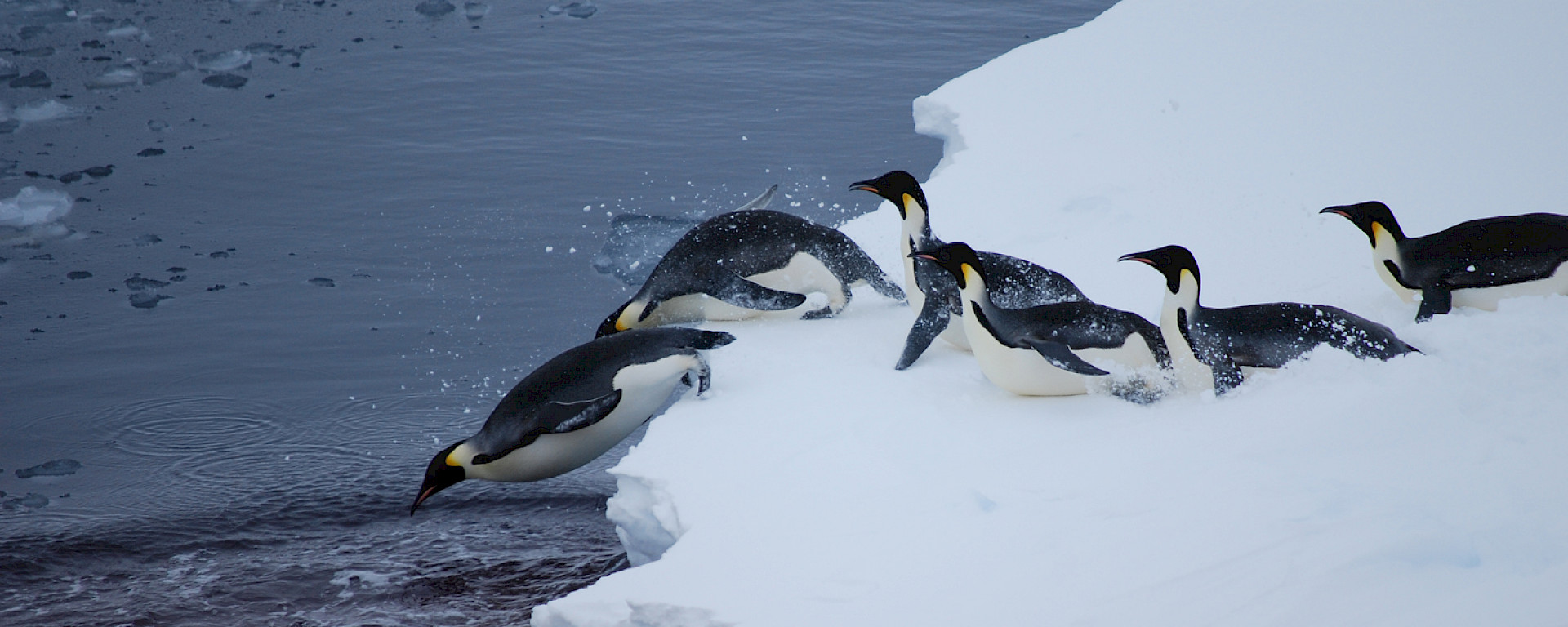
Emperor penguins diving and travelling Australian Antarctic Program
King Penguins, another species of penguin, can dive to depths of up to 300 meters (984 feet) and hold their breath for up to 7 minutes, can dive to depths of up to 300 meters and hold their breath for up to 7 minutes. Adélie Penguins, a smaller species, can dive to depths of up to 170 meters (557 feet) and hold their breath for up to 4 minutes.

Scientists “resurrect” ancient proteins to understand how penguins can hold their breath for so
Q: How long can they hold their breath? A: Longest recorded dive 1 min 56 secs. Q: How deep do they dive? A: On average they dive between 5 and 20 metres. Deepest recorded dive 72 metres. Q: How fast can penguins swim? A: On average they can swim 2-4km/hr but they have been recorded swimming at 6.4km/hr. Q: What do they eat?
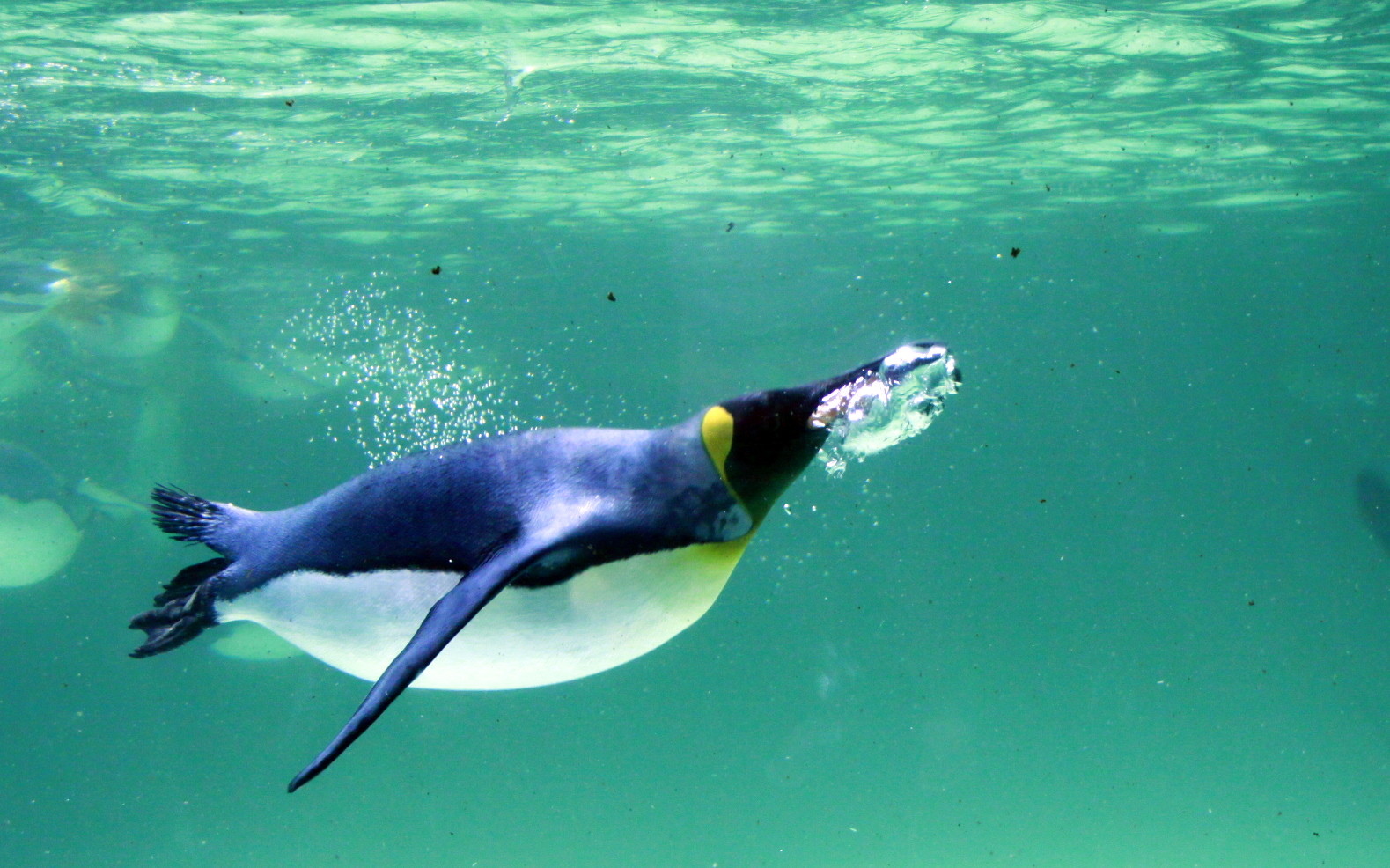
How Do Penguins Move? Penguins Blog
How Long Can Penguins Hold Their Breath? Penguins move very fast through the water, enabling them to catch and devour their prey. The Penguin that holds its breath the longest underwater is the Emperor penguin, and while diving the heart rate is markedly reduced to 15-20 beats per minute and the non-essential organs shut down.
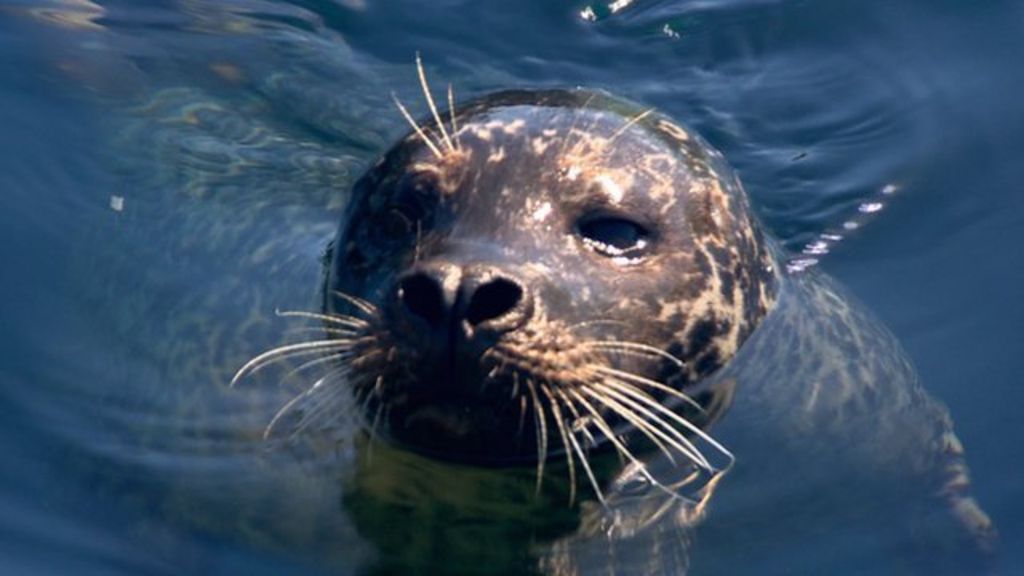
Oxygen mystery How marine mammals hold their breath BBC News
Penguins can hold their breath for several minutes and adjust their heart rate to conserve oxygen while underwater.. One of these adaptations is their ability to hold their breath for long periods. Before diving, they take a deep breath, filling their lungs with oxygen. Then, they close their nostrils and dive into the water.
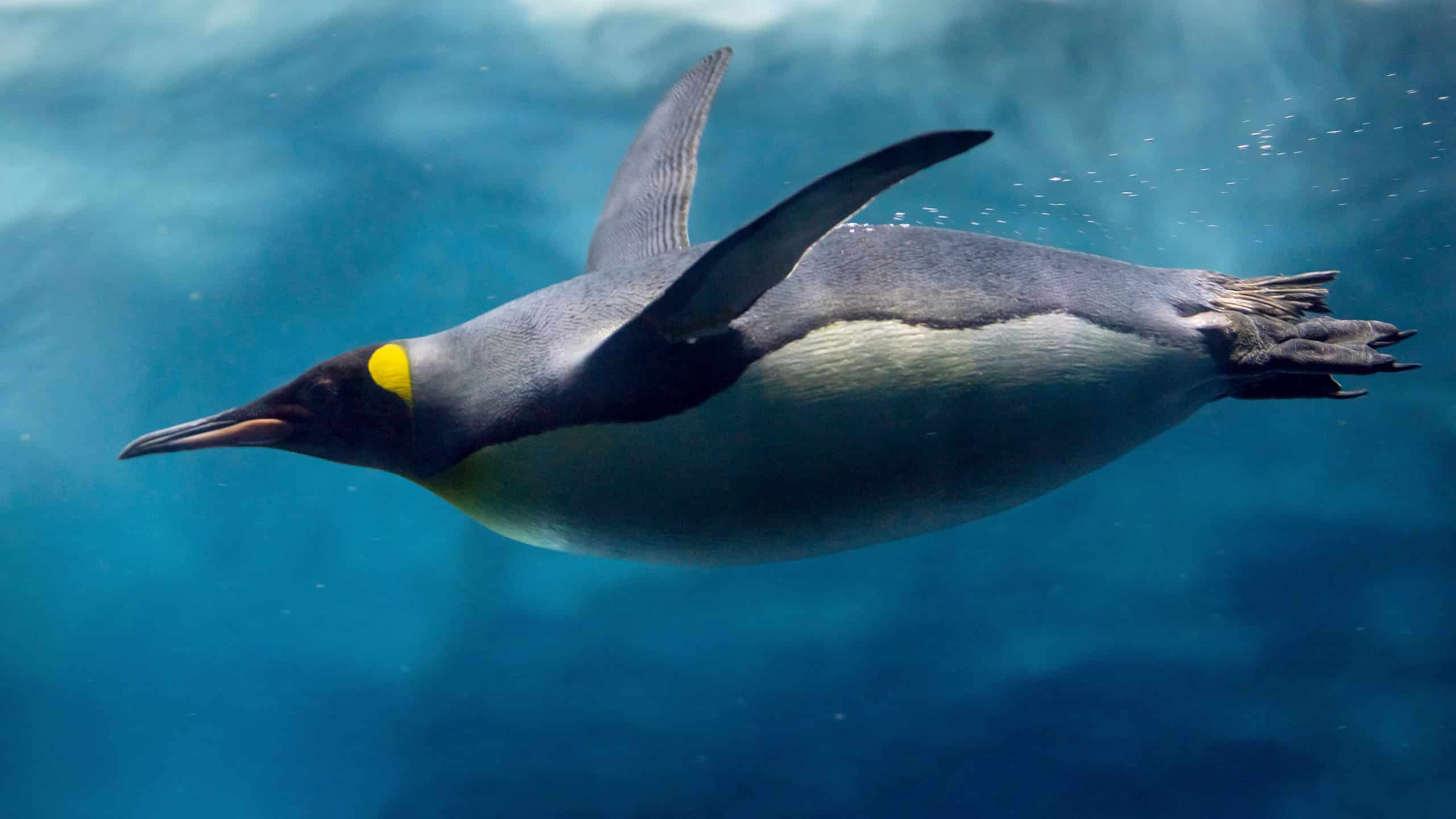
How Long Can Penguins Hold Their Breath Underwater? AZ Animals
Penguins are fascinating marine birds known for their impressive diving skills, which are essential for their survival. Bird enthusiasts are highly interested in studying how long and deep penguins can dive.

How Long Can a Penguin Hold Its Breath DulcekruwHamilton
The big size penguins such as emperors can hold their breath for a more extended time under the water than the small size penguins like little blue penguins. The bigger size penguins can smoothly go 1700 ft. under the water with the hold of their breath for around 18 minutes quickly. Similarly, the small size penguins can only go about 200 ft.

How long can penguins hold their breath? New Zealand Geographic
When we breathe air, humans will inhale, drawing air through the windpipe, each of the 2 branches of bronchus, and into each lung. Once inhaled, the oxygenated air will travel into the alveoli where gas exchange will happen. When exhaling, the deoxygenated air will travel in reverse from inhalation.
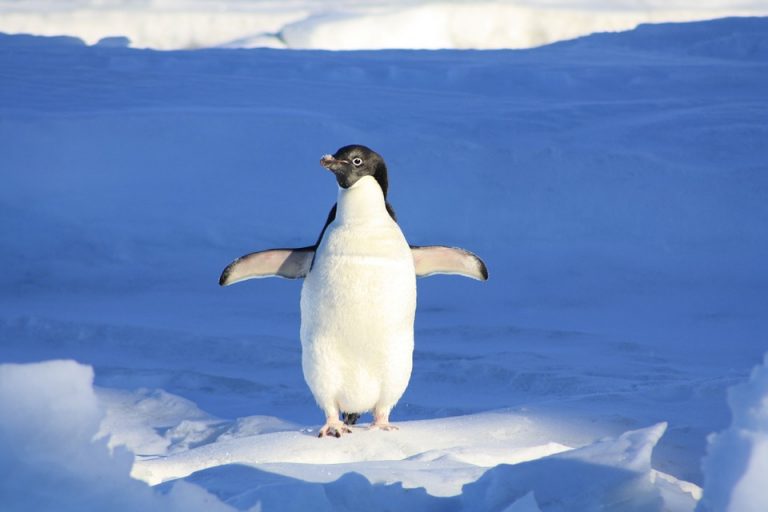
How Long Can Penguins Hold Their Breath? Penguins Blog
To figure out how penguins survive deep dives on a single breath of air, the researchers designed special probes to monitor the levels of oxygen in the penguins' muscles during their dives off.
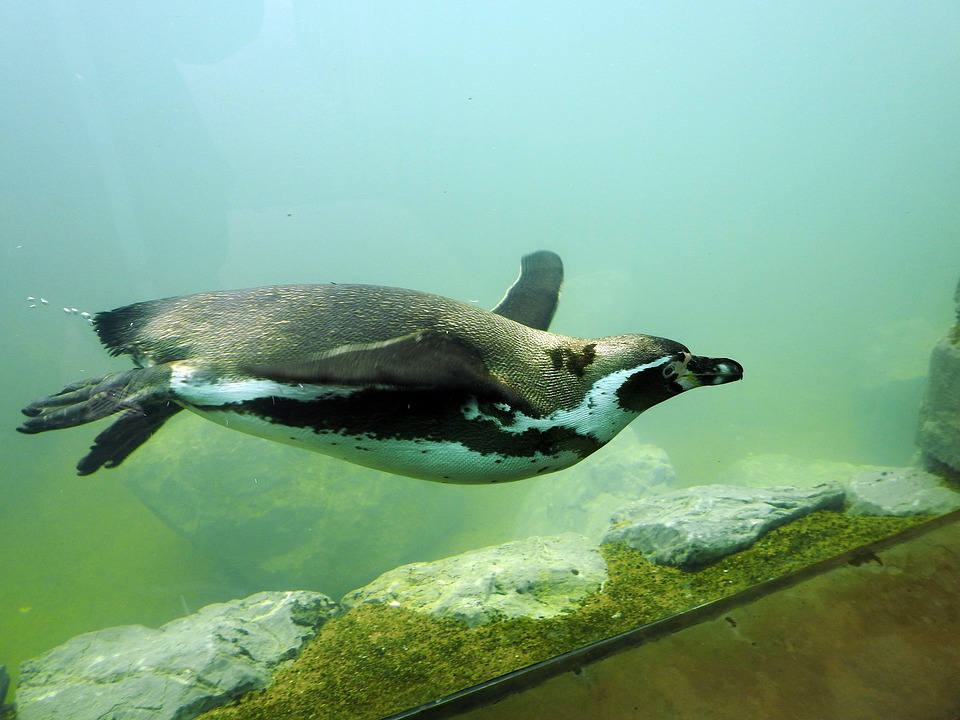
Can Penguins Breathe Underwater? Penguins Blog
A new record has been set for the longest dive by an emperor penguin. In a study led by NIWA marine ecologist Kim Goetz during the penguin breeding season, 20 birds that hadn't paired up were tagged and tracked in the eastern Ross Sea. These birds dived 96,000 times over six months, and while most dives were around the five-minute mark, one lasted a record-breaking 32.2 minutes. (Previously.

Do Penguins Breathe With Lungs
Penguins can hold their breath underwater for an average of 2 to 3 minutes, with some species, like the Emperor penguin, capable of staying submerged for an impressive 20 minutes. Their unique physiology and adaptations enable them to endure extended periods without needing to surface for air.

Scientists “resurrect” ancient proteins to understand how penguins can hold their breath for so
B. How Long Can Penguins Hold Their Breath Underwater? Penguins have the ability to hold their breath for surprisingly long periods while diving underwater. The exact duration varies depending on the species, but on average, penguins can hold their breath for several minutes. For example, the Emperor Penguin, the largest of all penguin species.

Air breathing marine animals RLA ASPIRE
The duration for which penguins can hold their breath varies across different species. Emperor penguins, known for their impressive diving skills, can remain submerged for up to 20 minutes. Adelie penguins, on the other hand, typically hold their breath for around 2 to 3 minutes. Other species, such as the Gentoo and Chinstrap penguins, fall.
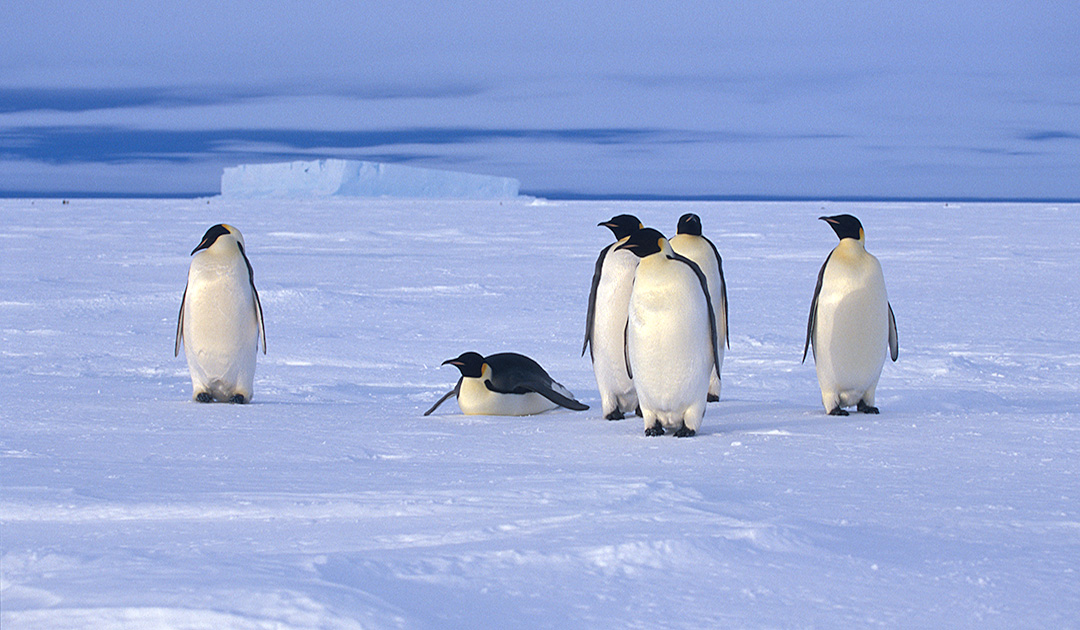
Emperor penguins as ‘breathing artists’ Polarjournal
Emperor Penguins can dive to an awesome depth of 1800 feet (550 meters), whilst holding their breath for 20-22 minutes! That is 10-11 times the average maximum a Human can hold their breath for (2 minutes). These penguins are the diving champions- no other animal can dive that deep and keep their breath for that long.
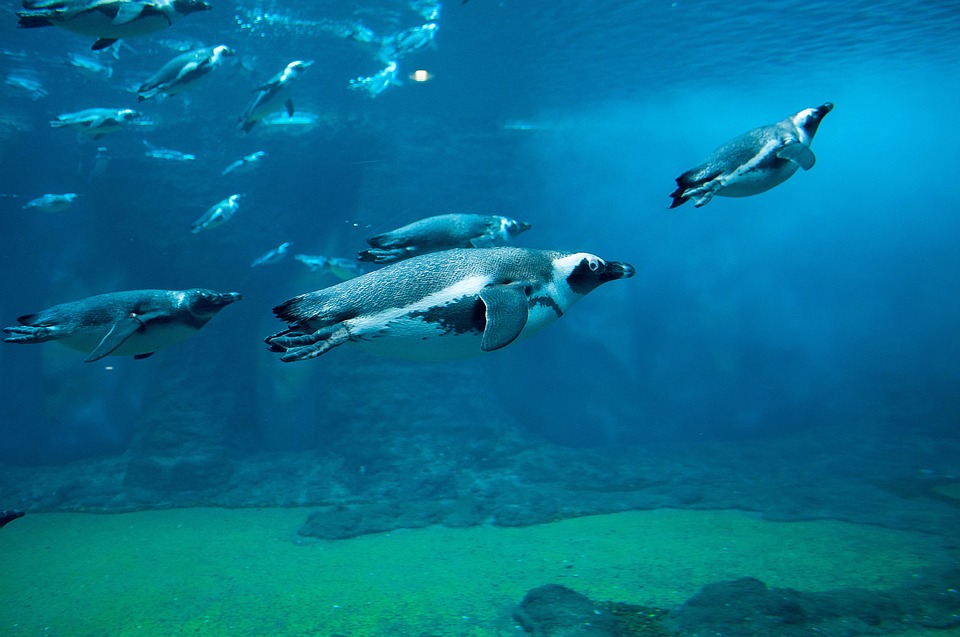
Can Penguins Breathe Underwater? Penguins Blog
How long can penguins stay underwater? Penguins are incredible swimmers and can stay underwater for an impressive amount of time. On average, penguins can hold their breath for 6-8 minutes, but some species can stay submerged for up to 20 minutes! What adaptations allow penguins to stay underwater for so long?